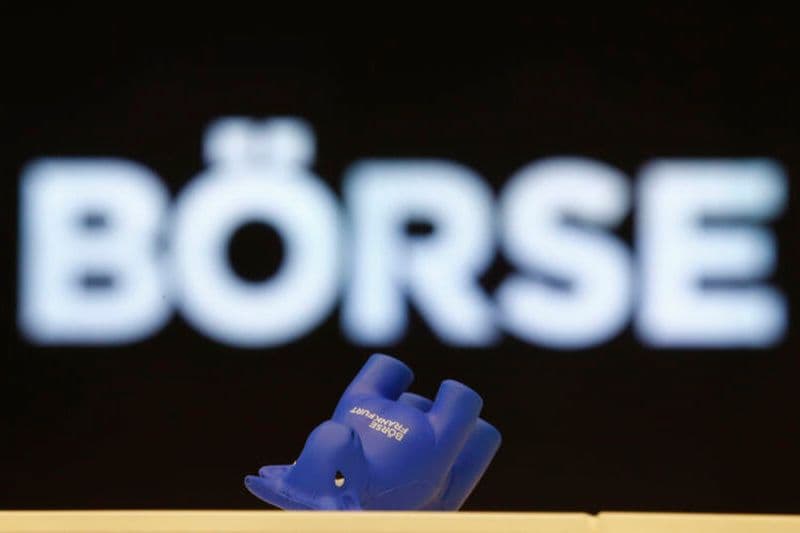European stock indexes fell on Friday, ending a generally positive week on a negative note.
European stocks slipped lower Friday, ending a generally positive week on a negative note on concerns over global growth as well as the reduced likelihood of an additional U.S. Federal Reserve rate cut this year.
At 03:10 ET (08:10 GMT), the DAX index in Germany dropped 0.4%, the CAC 40 in France slipped 0.5% and the FTSE 100 in the U.K. fell 1.1%.
Despite these losses, all three major indices are still on course for weekly gains after the reopening of the U.S. government boosted risk appetite.
Reduced likelihood of Fed December rate cut
Confidence in Europe has been weakened by losses on Wall Street overnight, with the tech-heavy NASDAQ Composite, closing down 2.3%, hit particularly hard as investors reined in expectations that the U.S. central bank will ease policy at its December meeting, raising concerns about elevated AI valuations.
Hawkish comments from a number of Fed officials have weighed on hopes for a U.S. rate cut next month, particularly given the uncertainty which still exists surrounding the data calendar in the wake of the government shutdown.
Alberto Musalem, president of the St. Louis Fed, said there was limited room to ease further without becoming overly accommodative, while Cleveland Fed President Beth Hammack said the interest rate policy should remain restrictive in order to put downward pressure on inflation.
Minneapolis Fed President Neel Kashkari told Bloomberg that he opposed a rate cut last month and is on the fence about December as well.
The probability of a quarter-point cut at the central bank’s next meeting on December 10 is now just over 50%, according to the CME Group’s FedWatch tool, down from a 63% chance on Thursday.
Slowing Chinese growth
Also weighing on sentiment was weak data out of China, the world’s second-largest economy.
Chinese industrial output grew 4.9% year-on-year in October, the weakest annual pace since August 2024, while retail sales, a gauge of consumption, expanded 2.9% last month, also their worst pace since August last year.
China is a major export market for a number of significant European companies, but these numbers suggest domestic demand remains weak.
The U.S. government slowdown is also likely to hit economic activity in the world’s largest economy, a major global growth driver.
Economic growth within the eurozone has been meager this year, with data due to be released later in the session set to show that the region’s gross domestic product rose just 0.2% in the third quarter. This follows growth of just 0.1% in the second quarter.
Allianz lifts profit forecast
In the European corporate sector, Allianz lifted its full-year operating profit expectation after the German insurer reported record third-quarter and nine-month results.
Swiss Re reported a $4 billion profit for the first nine months of 2025, with the reinsurer’s results lifted by stronger underwriting in its property and casualty reinsurance business and lower natural catastrophe losses in recent quarters.
Richemont reported better-than-expected quarterly sales, up 14% at constant exchange rates in the July-September period, even as the Swiss luxury group awaited the outcome of tariff negotiations between Switzerland and the United States after President Donald Trump had previously announced hefty 39% tariffs on Swiss imports.
Melrose Industries reported a 14% revenue growth for the four months ending October 31, with the aerospace components manufacturer’s Engines division leading the way.
Crude surges higher
Oil prices surged higher after a Ukrainian drone attack hit an oil depot in the Russian Black Sea port of Novorossiysk, potentially impacting global supply.
Brent futures surged 1.5% to $63.97 a barrel, and U.S. West Texas Intermediate crude futures rose 1.7% to $59.67 a barrel.
Despite this upside, both benchmark contracts are on track for only minor gains this week after the Organization of the Petroleum Exporting Countries said on Wednesday that global oil supplies will slightly exceed demand in 2026, prompting a sharp selloff.
